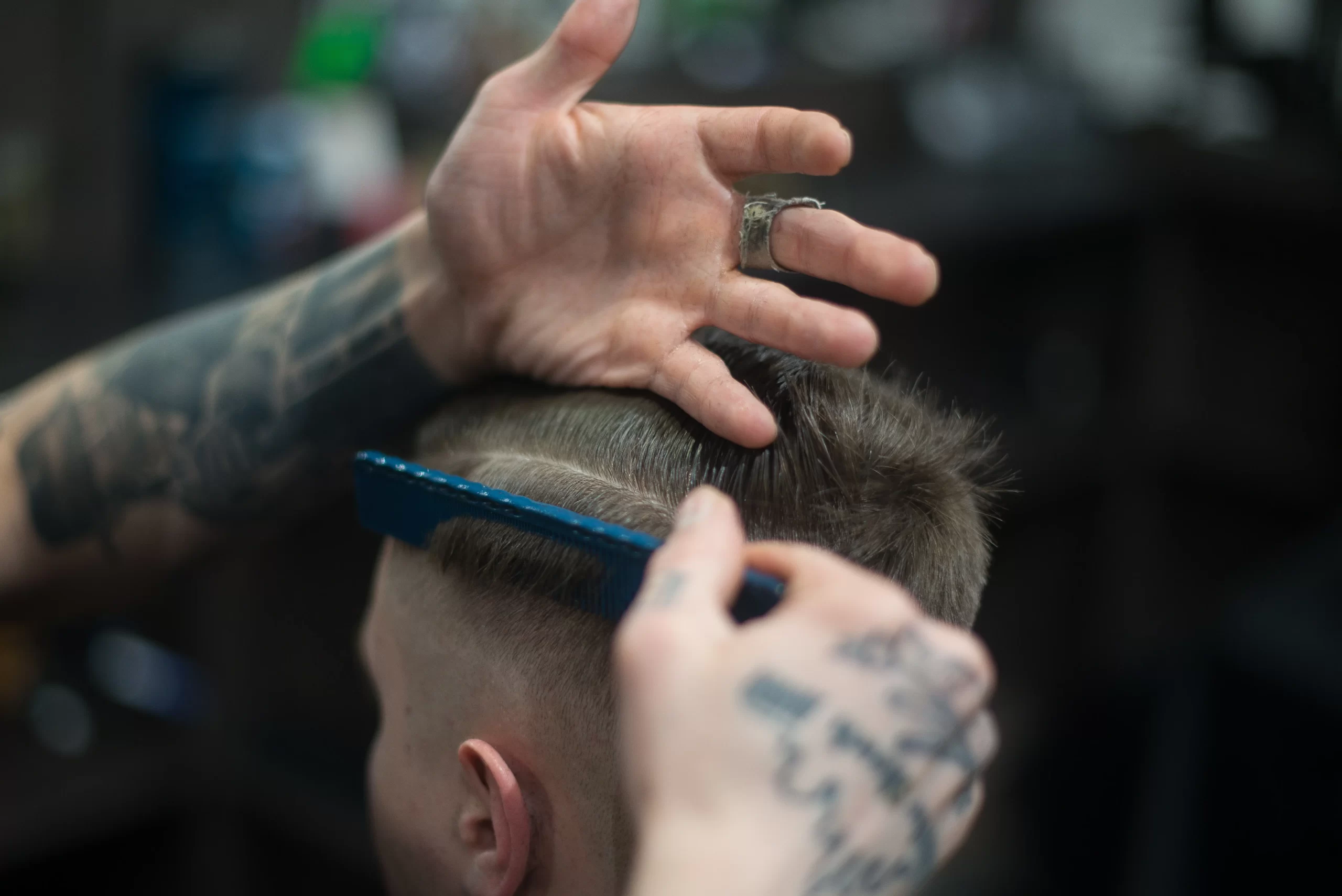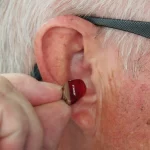Alopecia, commonly known as hair loss, is a condition that affects both men and women, particularly in their later years, resulting in baldness or thinning hair on the scalp.
Effective Hair Loss Treatment Options for Men
Related Topics (Sponsored Ads):

Causes of Hair Loss
Hair loss can be temporary or permanent, depending on several factors such as:
- Genetics: The most prevalent cause of male pattern baldness is heredity. This type of baldness is a genetic trait that can be passed down through generations unaltered. Unfortunately, this cause of hair loss is permanent and unavoidable.
- Medical Conditions and Hormonal Imbalances: Various medical conditions like diabetes, lupus, anemia, and thyroid problems can cause temporary hair loss. Hormonal imbalances, particularly the interaction between the male hormone testosterone and the enzyme 5-alpha reductase in hair follicles, can also lead to temporary hair loss. This enzyme converts testosterone into dihydrotestosterone, which can cause alopecia.
- Chemotherapy: Medical treatments involving radiation can cause a type of hair loss known as Alopecia Medicamentosa. Hair loss due to chemotherapy is usually temporary, and hair growth often resumes once treatment is stopped.
- Medications: Certain drugs used to treat diseases such as cancer, arthritis, Parkinson’s disease, gout, high blood pressure, and heart problems can cause temporary hair loss as a side effect.
These factors can lead to hair loss without new hair growth. However, the type of hair loss can vary and is not limited to the scalp.
Types of hair loss include:
- Diffuse Hair Loss (Alopecia Diffusa): This involves total hair loss from the entire head.
- Hereditary Hair Loss (Alopecia Androgenetic): This is hair loss due to genetic factors.
- Circular Hair Loss (Alopecia Areata): This type of hair loss appears as dark spots on the head that prevent hair growth in those areas.
Treatments for Temporary Hair Loss
While hereditary hair loss is permanent and untreatable, temporary hair loss can often be treated. Some of the most effective treatment methods include:
- Biotin is an oral supplement often recommended for hair loss treatment. As a B vitamin, it is a key ingredient in many hair, nail, and skin products, stimulating hair growth, thickening nails, and reducing skin inflammation. For best results, use a supplement that includes vitamin C, zinc, and folic acid along with Biotin.
- Rogaine (Minoxidil): Rogaine is a topical treatment applied to the scalp to stimulate hair growth. It is gender-specific and requires long-term use to maintain results, as hair loss can occur a few weeks after discontinuing the treatment.
- Propecia (Finasteride): Propecia, like Biotin, is an oral treatment. It is a prescription medication recommended for individuals prone to hereditary hair loss. It works by causing a safe hormonal imbalance in men, stimulating hair growth. However, it should not be used by women or children. Like Rogaine, consistent use is necessary to maintain results.
- Hair Transplant: In cases where the scalp does not respond to Biotin, Propecia, or Rogaine, a hair transplant surgery may be recommended. This procedure is most effective for individuals with a significant amount of hair on their scalp.
Conclusion
Various factors can lead to hair loss. If you notice signs of hair loss, such as gradual thinning on top of the head, patchy bald spots, or sudden loosening of hair, it’s advisable to consult a doctor. Treatments like Rogaine, Biotin, and Propecia can be effective if used consistently, as discontinuing these treatments can lead to hair loss. If these treatments are ineffective, a surgical hair transplant may be recommended, although this is an expensive procedure costing between $4,000 and $15,000 and requires a substantial amount of existing hair on the scalp for success.









